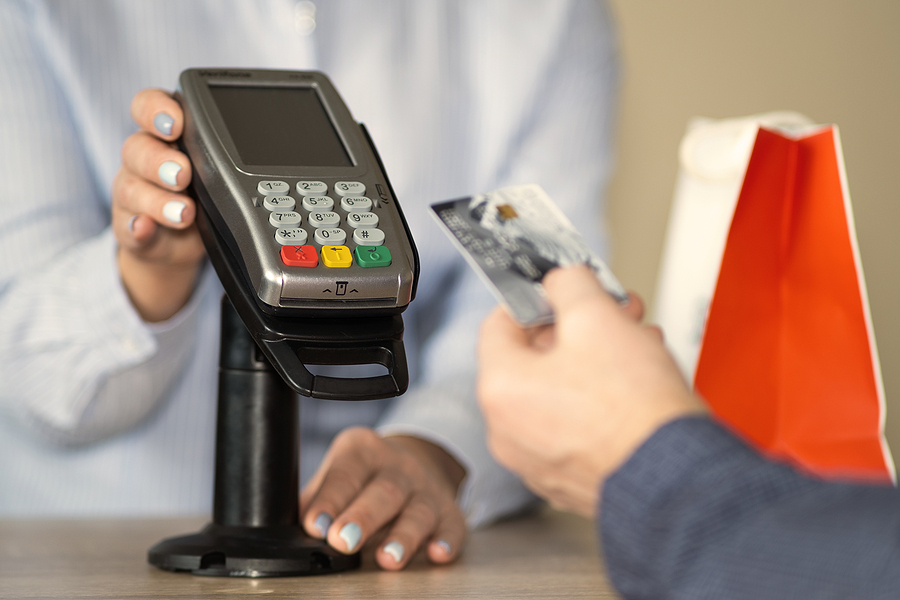
Savannah Hulsey Pointer, FISM News
[elfsight_social_share_buttons id=”1″]
Consumers’ buying habits remain relatively unchanged despite growing inflation and the rising price index, according to information from credit card companies, American Express and Bank of America.
Even the threat of recession has not caused a big downturn in spending, according to CNBC’s report on third-quarter earnings.
In addition to increasing its full-year projection, American Express on Friday posted stronger-than-anticipated third-quarter earnings and revenue. The company reported that growth in goods and services as well as travel and entertainment led to a 21% increase in overall client spending year over year.
Americans appear to be making up for the lost time in the travel and recreation industries, even if it means putting the expenses on a credit card. According to American Express data, spending on travel and leisure increased 57% from the same period last year, with third-quarter volumes in its international markets finally approaching pre-pandemic levels.
“Card member spending remained at near-record levels in the quarter,” American Express CEO Stephen Squeri said Friday on an earnings call. “We expected the recovery in travel spending to be a tailwind for us, but the strength of the rebound has exceeded our expectations throughout the year.”
However, according to a report published by Forbes, even the increase in spending isn’t going to shake the American economy out of its slump. The United States is either currently in a recession, or will be fully in one soon, according to economists surveyed by the National Association for Business Economics (NABE).
According to the historical definition of a recession, the U.S. has been in the midst of one since July after it experienced two consecutive quarters of falling GDP. The Biden administration, however, has continually tried to redefine the term to try to soften the reality of the economic crisis America is currently experiencing, particularly in the lead-up to midterms.
The experts offered a dismal set of predictions on Monday, predicting further downturn as the Fed continues to fend off rising inflation and workers dread potential job losses.
Just days ago a report by Forbes might have given an indication as to why spending is up in a downturned economy, saying that consumers are spending more, but they’re also saving less.
According to the most recent Forbes Advisor-Ipsos Consumer Confidence Biweekly Survey, Americans are relying on more than just their monthly paychecks to withstand the economic damage caused by inflation. The percentage of respondents who indicate they are draining their savings more frequently has increased by four percentage points since the question was originally posed in November 2021 to 28%.
Consumer confidence generally seems to be in a holding pattern as households wait for the Federal Reserve’s monetary policies to cool the economy—or send it further into a recession. This week, consumer confidence decreased by only 0.5 points from two weeks ago to 49.5.
Another survey reported by Bankrate indicates that around 55% of working Americans say they’re behind on retirement savings. And this is true even though almost 3 out of 5 Americans are contributing the same amount or more than they did the year before. Americans cite inflation as a major deterrent to increasing their savings this year.
“More than one-third of workers feel they are ‘significantly behind’ on their retirement savings,” says Greg McBride, CFA and Bankrate’s chief financial analyst. “And those who already feel behind are twice as likely to be contributing less this year than workers who feel they’re on track or ahead of where they should be.”
McBride continued, “Workers who are not contributing more to their retirement accounts this year overwhelmingly point to inflation as the reason why, and by more than a 2-to-1 margin over any other single response.”
